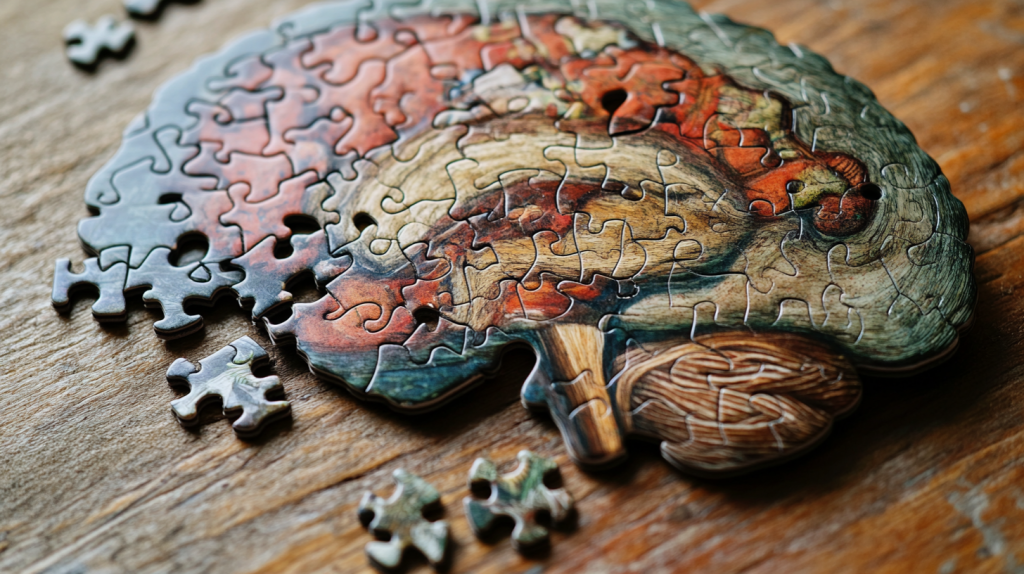I’ve always found jigsaw puzzles to be more than just a rainy-day hobby. There’s something about the way they pull you in, demanding your focus, that makes you feel sharper, more in tune. It turns out, they do a lot more for our brains than we might think! From helping with short-term memory to enhancing problem-solving skills, puzzles are like little workouts for your mind. Whether you’re tackling a 500-piece or a tricky 1,000-piece design, you’re doing more than passing time—you’re giving your brain a serious boost.
Here are 15 fascinating ways that jigsaw puzzles can help keep your memory sharp!
1. Boosts Short-Term Memory
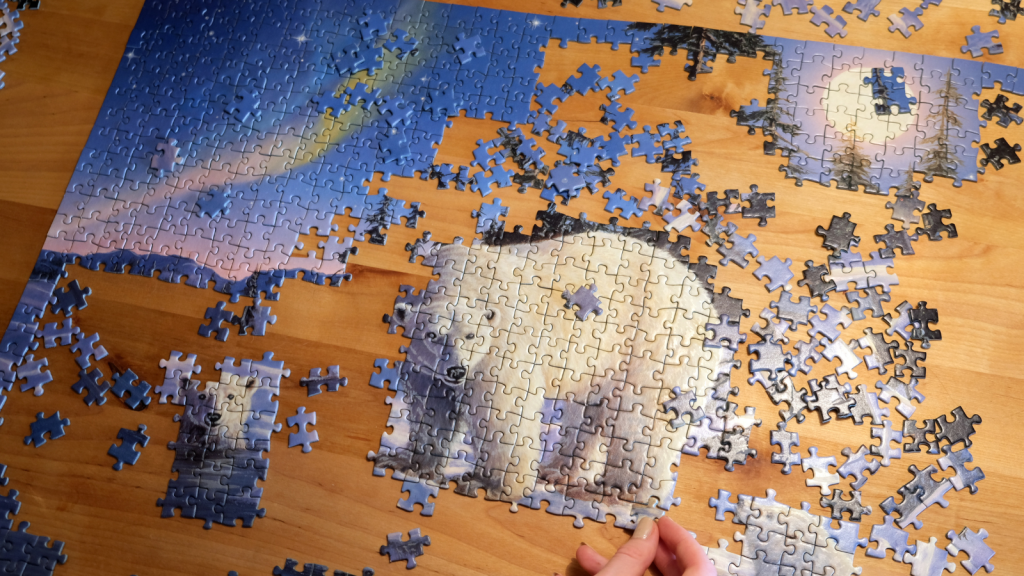
Working on a jigsaw puzzle forces you to hold onto small details—like the shape or colour of a piece—so you can spot where it fits. This strengthens short-term memory, which is critical for daily tasks like remembering where you left your keys or what you need from the shop.
2. Strengthens Problem-Solving Skills
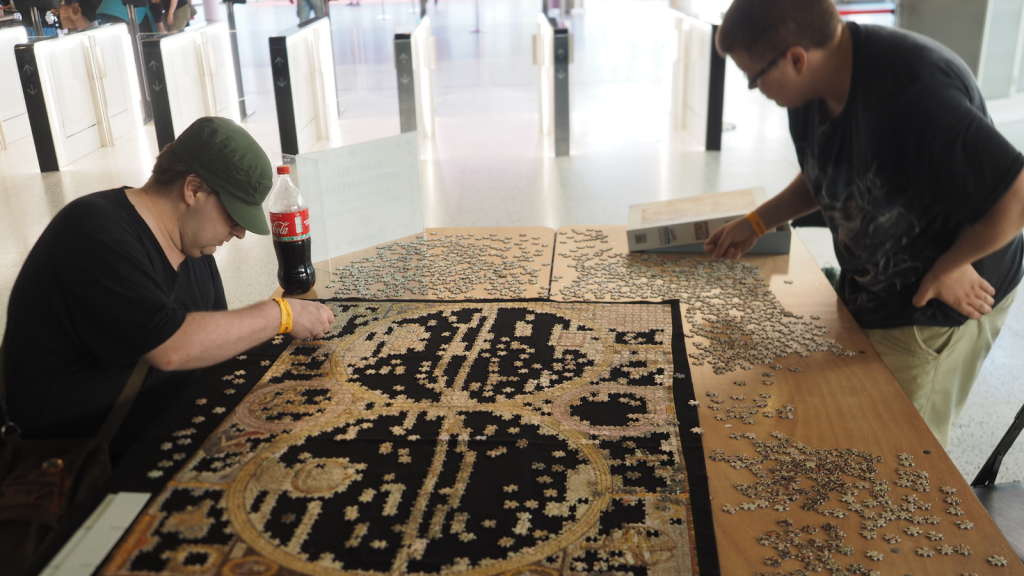
Puzzles demand that you consider various possibilities to see how different pieces might fit together. This practice helps develop logical thinking and problem-solving skills, both of which are crucial for keeping your brain sharp.
3. Enhances Visual-Spatial Reasoning
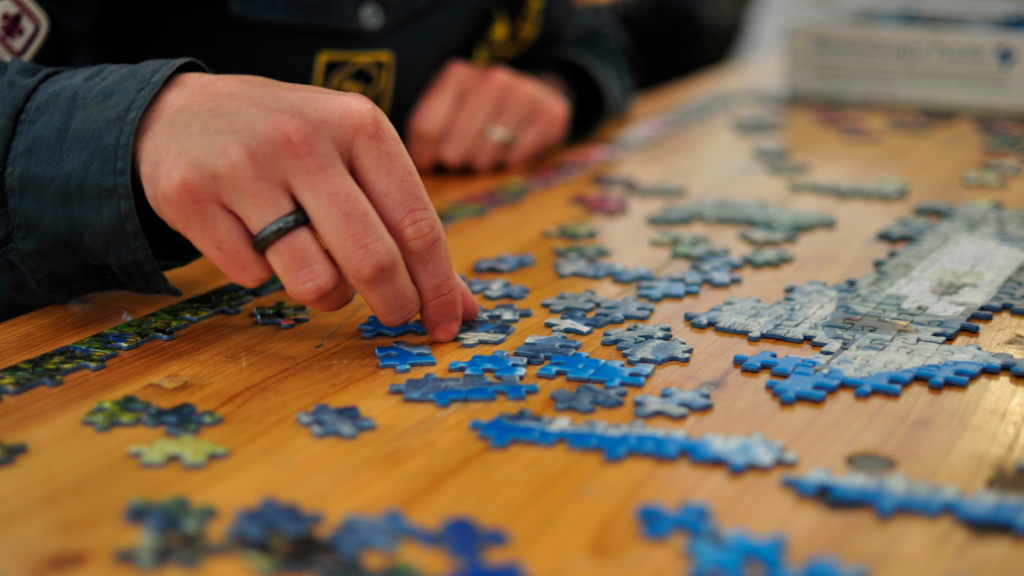
Jigsaw puzzles train your brain to look at the bigger picture while paying attention to small details. This kind of thinking helps strengthen your visual-spatial reasoning, an ability we use for tasks like parking a car or reading a map.
4. Encourages Mindfulness

Assembling a puzzle requires deep concentration and focus, which can pull you into a mindful state. This helps reduce stress and can even lead to greater mental clarity, improving your ability to recall information later on.
5. Promotes Both Sides of the Brain

Jigsaw puzzles activate both the left (logical) and right (creative) sides of your brain. Engaging both hemispheres boosts overall brain function, enhancing cognitive flexibility and memory retention.
6. Develops Attention to Detail
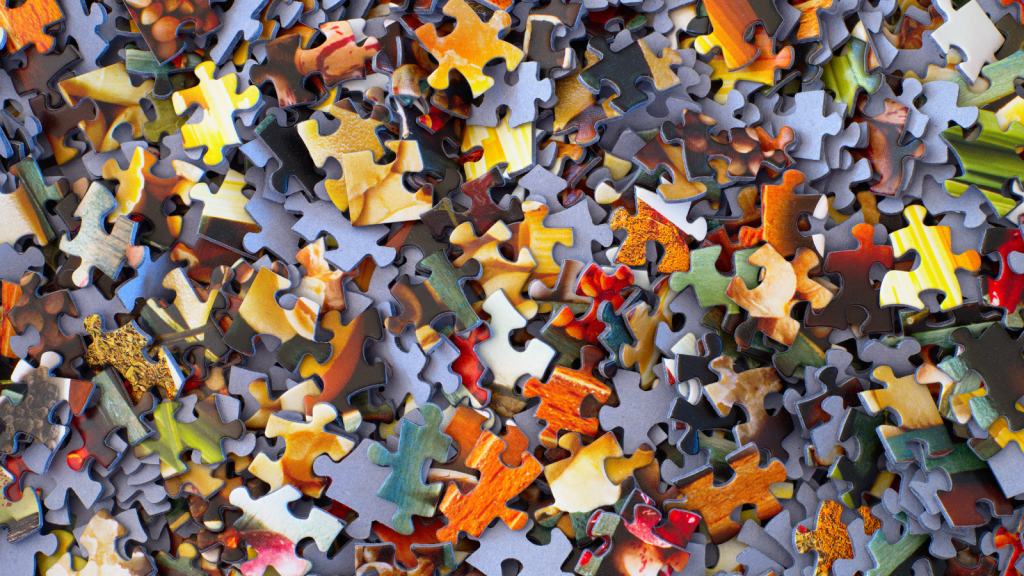
To complete a puzzle, you must notice the subtle differences between pieces. This trains your brain to pay attention to detail, a skill that’s essential for memory recall and problem-solving in daily life.
7. Fosters Better Concentration
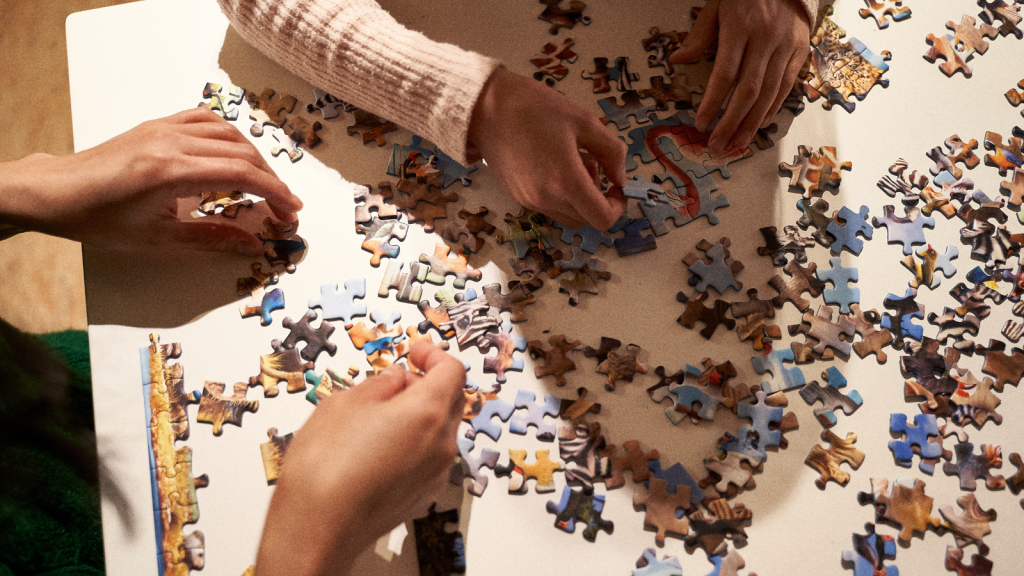
Concentrating on finding and fitting the right pieces can train your mind to focus for extended periods. This skill translates into better concentration on everyday tasks, which can help strengthen your memory.
8. Trains Pattern Recognition

Recognising patterns and shapes in puzzle pieces exercises the brain in a way that strengthens neural connections, which are key to improving memory and learning abilities.
9. Exercises Mental Agility

Piecing together a puzzle forces your brain to constantly shift its thinking, which keeps it agile. This type of mental flexibility can help you adapt to new information and challenges, keeping your memory fresh.
10. Strengthens Neural Connections
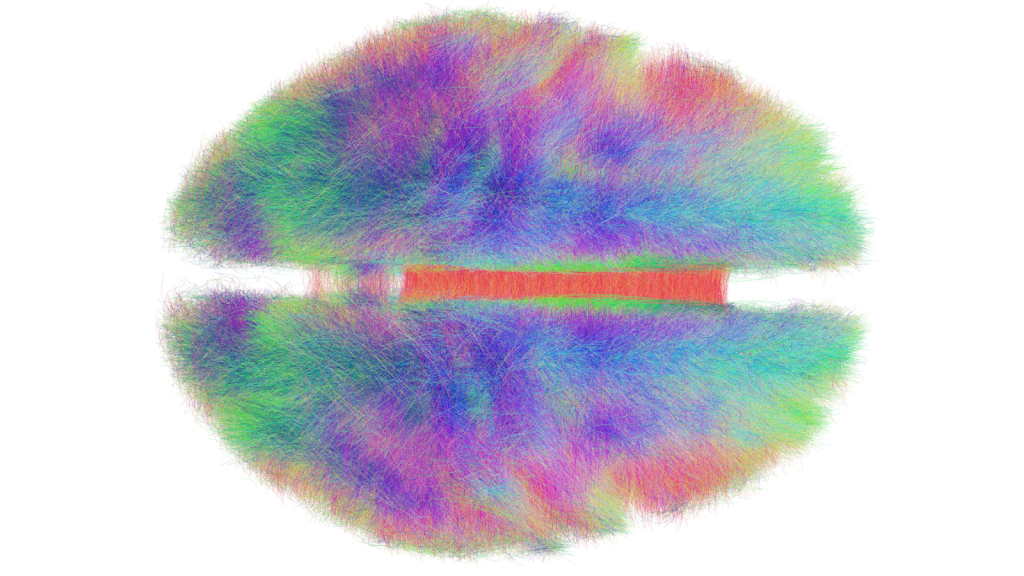
Every time you place a piece correctly, your brain is strengthening its neural pathways. This helps improve memory retention over time and builds a stronger foundation for future learning.
11. Helps Slow Cognitive Decline

Research has shown that engaging in mentally stimulating activities like puzzles can help slow cognitive decline in older adults. Regularly challenging your brain in this way helps keep it functioning at its best.
12. Boosts Long-Term Memory
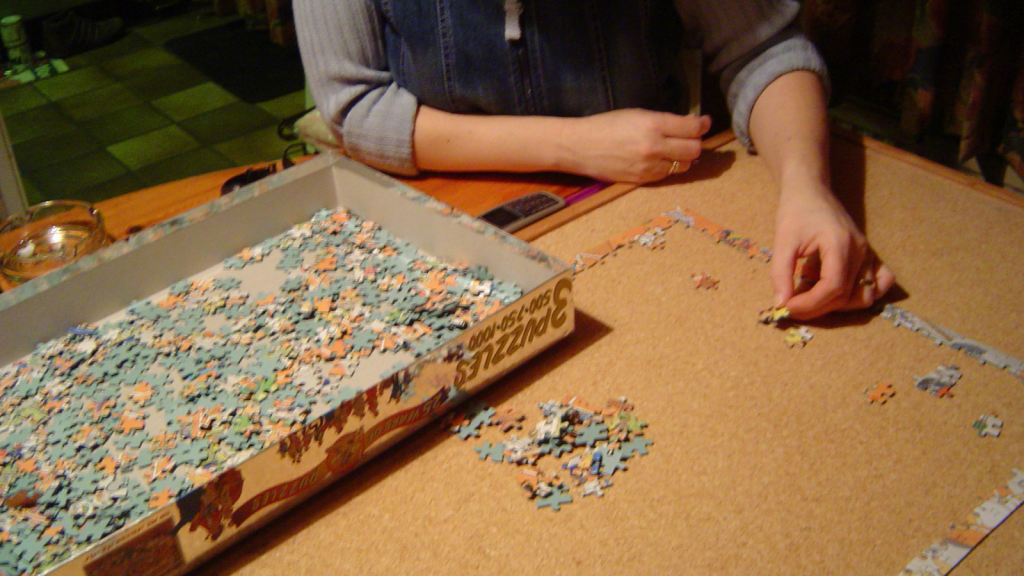
Working on puzzles, especially over longer periods, helps improve long-term memory. By repeatedly accessing and organising pieces, you strengthen the neural connections associated with long-term recall.
13. Improves Mental Clarity

Puzzles help you filter out distractions and focus on a single task. This increased focus can improve your mental clarity, making it easier to remember important details and tasks.
14. Increases Productivity

The mental break that puzzles offer can recharge your brain, making you more productive. By giving your brain a fresh perspective, puzzles help you remember more information when you return to other tasks.
15. Promotes Creative Thinking
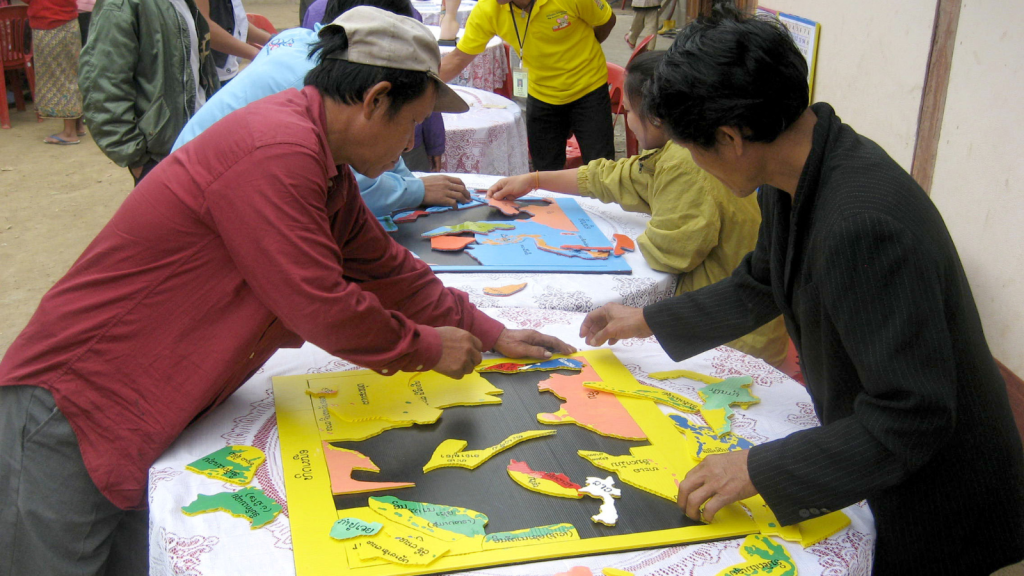
Puzzles require creative thinking to work through challenges and find solutions. This boosts creative problem-solving skills, which in turn helps with memory recall as you’re able to connect the dots more easily.
21 Things Pilots Are Forbidden to Do During Flights

Have you ever wondered what rules pilots must follow while they’re in the cockpit? Being a pilot is a job that comes with a lot of responsibility and a strict set of rules to ensure the safety of everyone on board.
These rules ensure that pilots maintain the highest standards of safety and professionalism while flying. By adhering to these guidelines, they help ensure that every flight reaches its destination safely.
Read More: 21 Things Pilots Are Forbidden to Do During Flights
Katy Willis is a writer, master herbalist, master gardener, and certified canine nutritionist who has been writing since 2002. She’s finds joy in learning new and interesting things, and finds history, science, and nature endlessly fascinating.
